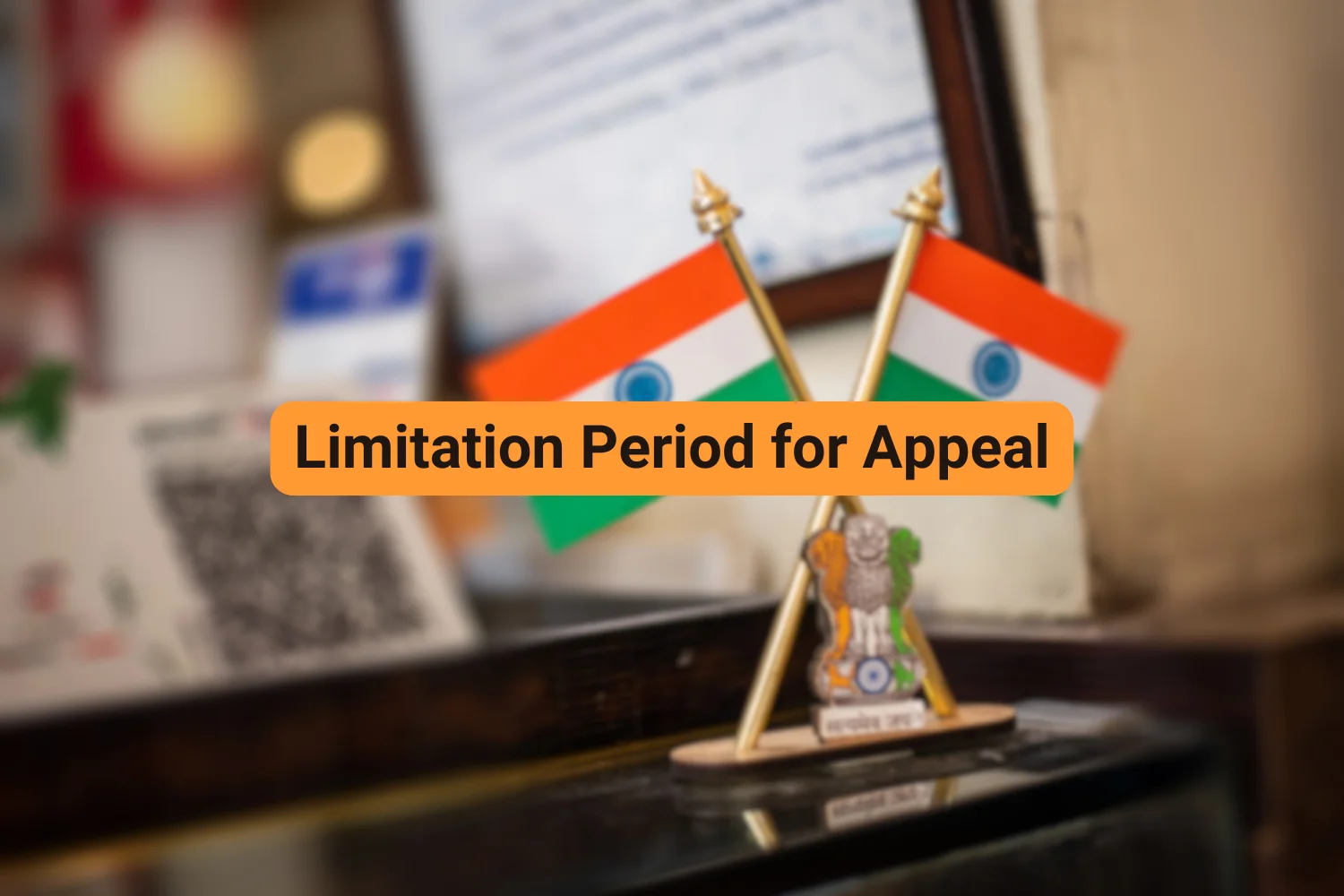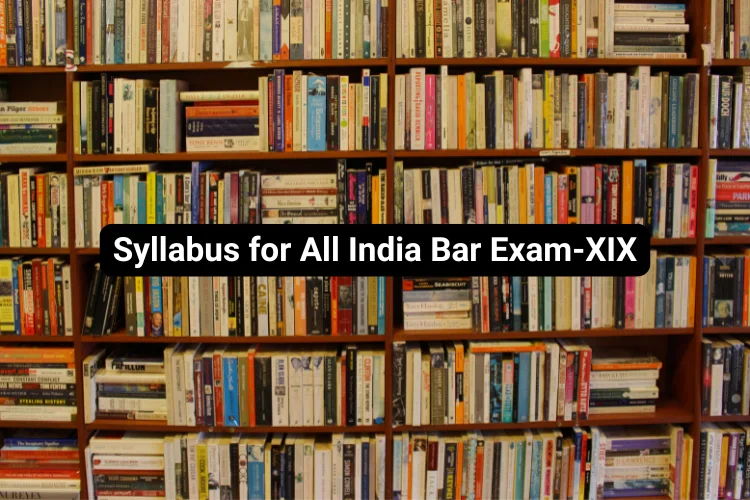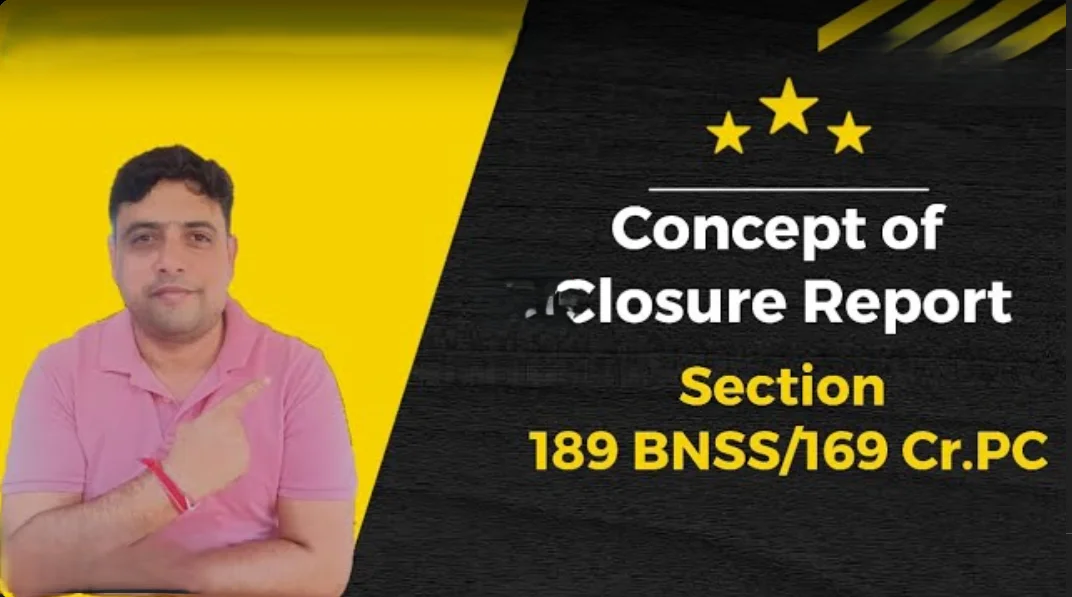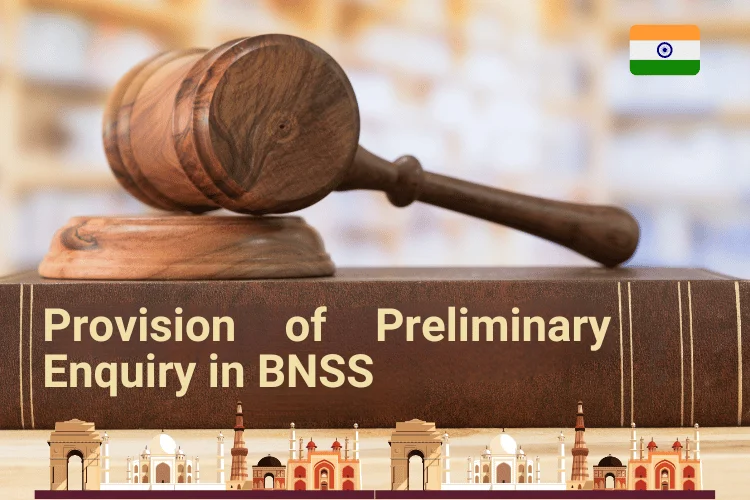INTRODUCTION
India has ratified two significant international arbitration conventions - the New York Convention of 1958 and the Geneva Convention of 1927. The Arbitration and Conciliation Act, 1996, gives effect to these conventions in India, with Section 44 dealing with the enforcement of New York Convention awards and Section 53 dealing with Geneva Convention awards. This chapter focuses specifically on the enforcement of awards made under the Geneva Convention, providing a comprehensive framework for the recognition and enforcement of such awards in India.
WHAT IS FOREIGN AWARD UNDER THIS CONVENTION
Section 53 of the Arbitration and Conciliation Act, 1996, defines a "foreign award" for the purpose of enforcing Geneva Convention awards in India. A foreign award is considered valid if it meets the following conditions:
-
- It Relates to commercial matters as per Indian law made after July 28, 1924
- Made in accordance with an arbitration agreement applying the Protocol in the Second Schedule
- Between parties subject to the jurisdiction of countries declared by the Central Government as parties to the Convention (Third Schedule)
- Made in territories declared by the Central Government as applicable to the Convention
This definition sets out the criteria for recognizing and enforcing foreign awards under the Geneva Convention in India.
Example
- A (in India) and B (in the USA) have a commercial agreement with an arbitration clause.
- The arbitration agreement is governed by the Protocol in the Second Schedule (which applies to the Geneva Convention).
- A dispute arises, and the matter is referred to an arbitration tribunal in the USA.
- The USA has been declared by the Central Government of India (through an official notification) as a territory to which the Geneva Convention applies.
- Therefore, any award made by the USA arbitration tribunal is considered a "foreign award" under Section 53 of the Arbitration and Conciliation Act, 1996.
This example illustrates how a foreign award can be recognized and enforced in India under the Geneva Convention, provided all the conditions are met.
MEANING ARBITRAL AWARD
An arbitral award is the decision made by an arbitrator (or a panel of arbitrators) in a dispute resolution process called arbitration.
Types of Arbitral Awards
There are two main types of arbitral awards:
- Domestic Arbitration Award: A domestic award is given in a domestic arbitration, which means the arbitration takes place in India and is governed by the Arbitration and Conciliation Act, 1996 (Part I, Sections 2-43). For a domestic award:
- The parties involved must have a connection to India (e.g., Indian nationals or companies).
- The arbitration must take place in India.
- The award is made by an arbitral tribunal in India or, in some cases, by a foreign state if the parties are of Indian origin and the dispute is governed by Indian law.
- Foreign Arbitration Award: A foreign award is the outcome of foreign arbitration, which means the arbitration takes place outside of India and is governed by the Arbitration and Conciliation Act, 1996 (Part II). For a foreign award:
- The parties involved can be from any country.
- The arbitration takes place in a foreign country or through a foreign arbitration institution.
- The award is made in accordance with the United Nations Convention on the Recognition and Enforcement of Foreign Arbitral Awards (New York, 1958) and is recognized by the Indian government through a notification in the Official Gazette.
In summary, domestic awards are given in India for disputes between parties with an Indian connection, while foreign awards are given outside of India for disputes between parties from any country, and are recognized by the Indian government through international conventions.
Example: There is a commercial contract between A of India and B of the USA that contains an arbitration clause. The arbitration agreement or clause is as per the United Nations Convention on the Recognition and Enforcement of Foreign Arbitral Awards (New York Convention 1958) as mentioned in the First Schedule. When a dispute arises, the matter is referred to an arbitration tribunal in the USA. The USA has been declared, by the Central Government of India by notification in the Official Gazette, to be a territory to which the New York Convention applies. Here, any award by the USA arbitration is a foreign award as per Section 44.
In General , For a foreign arbitration award (a decision made by an arbitrator in another country) to be enforced in India, two conditions must be met:
- India must have agreed to recognize and enforce arbitration awards from other countries through international conventions (like the New York Convention or Geneva Convention).
- The country where the arbitration award was made must be recognized by the Indian government as a country that follows these conventions, and this recognition must be officially published in the government's gazette.
If these conditions are met, then the foreign arbitration award can be enforced in India.
International Arbitration Convention ratified by India: Significantly, India has ratified two Conventions:
- The New York Convention (1958)
- The Geneva Convention (1927)
Enforcement of foreign arbitration awards in India is covered under two chapters:
- Chapter I: Enforcement of awards under the New York Convention (Section 44 of the Act)
- Chapter II: Enforcement of awards under the Geneva Convention (Section 53 of the Act)
The conditions for enforcing these awards in India are specified in:
- Section 48 for New York Convention awards
- Section 57 for Geneva Convention awards
Currently, 54 countries are recognized as Convention Territories, making their arbitration awards enforceable in India.
Case Law
Serajuddin v Michael Golodetz , In this case the Calcutta High Court outlined the essential elements of a foreign arbitration award, including:
- The arbitration must be held in a foreign country.
- The arbitrator must be a foreign national.
- The arbitration must apply foreign laws.
- At least one party must be a foreign national.
These conditions must be met for an arbitration award to be considered a foreign award and be enforceable in India.
INTERNATIONAL COMMERCIAL ARBITRATION AND FOREIGN ARBITRATION AWARD: International Commercial Arbitration" as defined in Section 2 (1) (f) refers to the process of resolving disputes between parties from different countries, where at least one party is a foreign national, a company incorporated in any country other than India, or the government of a foreign country.
This type of arbitration is governed by Indian law, and the "seat" of arbitration (the place where the arbitration takes place) is in India.
On the other hand, "Foreign Arbitration" refers to the process of resolving disputes between parties from different countries, where the seat of arbitration is outside India, and foreign laws apply to the arbitration proceedings. The resulting award is considered a "Foreign Arbitration Award.
In summary:
- International Commercial Arbitration: Disputes between parties from different countries, with the seat of arbitration in India, governed by Indian law.
- Foreign Arbitration: Disputes between parties from different countries, with the seat of arbitration outside India, governed by foreign laws, resulting in a Foreign Arbitration Award.
The key difference lies in the seat of arbitration and the applicable laws.
ENFORCEMENT OF FOREIGN ARBITRAL AWARDS
Chapters (I and II) of Part II of the Arbitration and Conciliation Act, 1996 deal with the enforcement of certain foreign awards made under the New York Convention and the Geneva Convention, respectively.
Under the Arbitration and Conciliation (Amendment) Act, 2015. There are two avenues available for the enforcement of foreign awards in India,
- The New York Convention and
- The Geneva Convention,
Enforcement under the New York Convention
Sections 44 to 52 of the Arbitration and Conciliation (Amendment) Act, 2015 deals with foreign awards passed under the New York Convention.
Under section 44 The New York Convention defines "foreign award" as to mean an arbitral award on differences between persons arising out of legal relationship, whether contractual or not, considered commercial under the law in force in India made on or after the 11th day of October 1960-
- In pursuance of an agreement in writing for arbitration to which the Convention set forth in the First Schedule applies, and
- In one of such territories as the Central Government, being satisfied that reciprocal provisions have been made may, by notification in the Official Gazette, declare to be territories to which the said Convention applies
From the abovementioned conditions, it is clear that there are two pre-requisites for enforcement of foreign awards under the New York Convention. These are:
- The country must be a signatory to the New York Convention.
- The award shall be made in the territory of another contracting state which is a reciprocating territory and notified as such by the Central Government.
DOCUMENTS TO BE ATTACHED AT THE TIME OF APPLICATION
To enforce a foreign award in India, the party applying must submit the following documents to the court:
-
- The original award or a duly authenticated copy.
- The original arbitration agreement or a certified copy.
- Evidence to prove the award is a foreign award.
Additionally:
- All documents must be in English. If they're in a foreign language, a certified English translation is required.
- The translation must be certified by a diplomatic or consular agent of the country to which the party belongs or in a manner sufficient according to Indian law.
The "Court" referred to in this context means:
- The High Court with original jurisdiction over the subject matter of the award, if it had been a suit.
- The High Court with jurisdiction to hear appeals from subordinate courts, in other cases.
As per the new Act, the application for enforcement of a foreign award will now only lie to High Court.
Bharat Aluminium Company (BALCO) v. Kaisar Aluminium Technical Services Inc [(2012) 9 SCC 552]: The Constitutional bench of Supreme Court HELD that the Act of 1996 has accepted the territoriality principle which has been adopted in the UNCITRAL Model Law. Section 2(2) makes a declaration that Part I of the Arbitration Act, 1996 shall apply to all arbitrations which take place within India.
In the opinion of Supreme Court, the provisions contained in Arbitration Act, 1996 make it crystal clear that there can be no overlapping or intermingling of the provisions contained in Part I with the provisions contained in Part II of the Arbitration Act, 1996.
In a foreign seated international commercial arbitration, no application for interim relief would be maintainable under Section 9 or any other provision, as applicability of Part I of the Arbitration Act, 1996 is limited to all arbitrations which take place in India.
In this case hon‟ble Supreme Court concluded that Part I of the Arbitration Act, 1996 is applicable only to all the arbitrations which take place within the territory of India.
This has now partly been overruled by the 2015 Amendment Act.
CONDITIONS FOR ENFORCEMENT OF FOREIGN AWARDS [SECTION 48]
Once an application for enforcement of a foreign award is made, the other party has the opportunity to file an objection against enforcement on the grounds recognized under Section 48 of the Act. The Indian courts may refuse to enforce the foreign award on satisfactory proof of any of the grounds mentioned in Section 48(1) of the ACT, 1996, by the party resisting the enforcement of the award. The provisions set out in Section 48 are in the nature of defenses available to the party resisting the enforcement application.
The party, against whom the award is invoked, may use any of the following grounds as defence before the Court for the purpose of refusal of enforcement of the foreign awards:
- The parties were under some incapacity under the law applicable to them or the arbitration agreement is not valid under that law; or
- The party against whom the award is invoked was not given proper notice of the appointment of the arbitrator or of the arbitral proceedings or was otherwise unable to present his case; or
- The award deals with a difference not falling within the terms of submission to arbitration or
- The composition of the arbitral authority or the arbitral procedure was not in accordance with the agreement of the parties or in the law of the country where the arbitration took place; or
- The award has not yet become binding, or has been set aside or suspended by a competent authority of the country in which or under the law of which, the award was made; or
- The subject-matter of the difference is not capable of settlement by arbitration under the law of India; or
- The enforcement of the award would be contrary to the public policy of India.
The Amendment Act has restricted the ambit of violation of public policy for international commercial arbitration to only include those awards that are:
-
- affected by fraud or corruption,
- in contravention with the fundamental policy of Indian law, or
- conflict with the notions of morality or justice.
CASE LAW
Venture Global Engineering v Satyam Computer Services (2008), In this case it was held by the SC that the new procedure of enforcement requires is that a person seeking to enforce a foreign award has not only to file an application for enforcement u/s 48 of the 1996 Act, it has to meet an application u/s 34 of the 1996 Act seeking to set aside the award. The new ground is that the award pass the New York Convention grounds incorporated in Section 48, it must pass the expanded ‘public policy’ ground created under section 34 of the 1996 Act.
It is further provided that if an application for the setting aside or suspension of the award has been made to a competent authority, the Court may, if it considers it proper, adjourn the decision on the enforcement of the award and may also, on the application of the party claiming enforcement of the award, order the other party to give suitable security.
SECTION 49
When the Court is satisfied that a foreign award is enforceable, it shall be deemed a decree of that Court. This means the award can be enforced like a regular court decree.
Case Law
Brace Transport Corpn. of Monrovia v Orient Middle East Lines Ltd 1994. The Supreme Court's ruling in this case highlights the distinction between recognition and enforcement of foreign awards and observed that
- An award can be recognized without being enforced, but if it's enforced, it's necessarily recognized.
- Recognition provides protection to the award in future arbitrations between the same parties.
- Enforcement is a more proactive step, where a party seeks to not only recognize the award but also use legal sanctions to enforce it.
In essence, recognition is a preliminary step that acknowledges the award's validity, while enforcement takes it a step further by actively executing the award. Both concepts work together to give effect to foreign awards in India.
APPEALABLE ORDERS
Section 50 of the Arbitration and Conciliation Act, 1996, outlines the appealable orders related to arbitration and foreign awards.
If a party is unhappy with the court's decision:
- Refusing to refer parties to arbitration (under Section 45)
- Refusing to enforce a foreign award (under Section 48)
They can file an appeal. This appeal can be made despite any other law in force, and it shall lie to the court authorized to hear appeals from such orders.
Thus, Section 50(1) provides a pathway for parties to challenge unfavorable court decisions related to arbitration and foreign awards, allowing them to pursue legal recourse and seek a reversal or modification of the original decision.
Section 50(2) of the Arbitration and Conciliation Act, 1996, states that:
- The first appellate order (appeal filed under Section 50) is final and binding.
- No second appeal shall lie from an order passed in such an appeal.
- However, this section does not affect or take away any right to appeal to the Supreme Court.
Case Law
Kandla Export Corporation and Anr vs. OCI Corporation and Another 2018
The Supreme Court of India in this case clarified that an order allowing the execution of an arbitration award is not appealable under Section 50 of the Arbitration and Conciliation Act, 1996. This ruling resolved a conflict between:
- Section 50 of the Arbitration and Conciliation Act, 1996 (no appeal allowed)
- Section 13 of the Commercial Courts Act, 2015 (appeal allowed)
The Supreme Court prioritized the speedy disposal of commercial disputes and applied the doctrine of harmonious construction to reconcile the two statutes. They held that:
- The Arbitration Act (special statute) takes precedence over the Commercial Courts Act (general statute) in matters related to arbitration.
- The Commercial Courts Act applies to other spheres, not arbitration.
This decision ensures that arbitration awards are enforced efficiently, without unnecessary delays.
JURISDICTION – APPROPRIATE FORUM & LIMITATION
The Act does not confer jurisdiction on the Indian courts to annul an International Commercial Award made outside India.
The power to annul an award is provided under section 34 in Part I of the ACT, 1996. The applicability of that provision is limited to the awards made in India or domestic awards. The powers of the Indian courts to set aside an award relating to ICA are confined to those seated in India.
The Supreme Court Sundaram Finance Ltd. v. Abdul Samad and Anr [(2018) 3 SCC 622] clarified that an award holder can initiate execution proceedings before any court in India where assets are located. In case the subject-matter of the arbitration is of a specified value (not less than Rs. 1 crore), commercial courts established under the Commercial Courts, Commercial Division and Commercial Appellate Division of High Courts Act, 2015.
APPROPRIATE FORUM
On a decree being passed, execution proceedings can be initiated for enforcement of the decree. Section (36 to 74) and Order XXI of the CPC set out the provisions in respect of execution. The person in whose favour a decree has been passed or an order capable of execution has been made is known as a “decree-holder” while the person against whom a decree has been passed or an order capable of execution has been made is known as a “judgment-debtor”.
The proceedings to execute a decree must be initiated, in the first instance, before the court which passed it. Where appropriate, such court may transfer the decree to another court for execution for various reasons including the locus of the judgment debtor or the locus of the property against which the decree is sought to be executed.
LIMITATION PERIOD
As per the Limitation Act 1963, the period of limitation for the execution of a decree (other than a decree granting a mandatory injunction, in which case, it is three years) is twelve years from the date of the decree. However, an application for execution of a decree granting a perpetual injunction shall not be subject to any period of limitation
CONCLUSION:
Arbitral awards are categorized into two types: domestic awards and foreign awards. Domestic awards are governed by Part I of the Arbitration and Conciliation Act, 1996, and are issued in domestic arbitration proceedings. On the other hand, foreign awards are granted in foreign countries and are enforceable in India under the Act, provided that India is a signatory to the relevant convention and has recognized the award through publication in the official Gazette.
India has ratified two significant conventions: the New York Convention (1958) and the Geneva Convention (1927). Foreign awards related to these conventions are governed by specific sections of the Act, with Section 44 dealing with New York Convention awards and Section 53 dealing with Geneva Convention awards.
The enforcement of foreign awards is subject to certain conditions and grounds for refusal, as specified in the Act. However, if a foreign award is deemed enforceable, it shall be treated as a decree of the Court and can be relied upon by parties in legal proceedings in India. Additionally, orders refusing to enforce foreign awards are appealable, providing a further recourse for parties seeking to challenge such decisions.

















